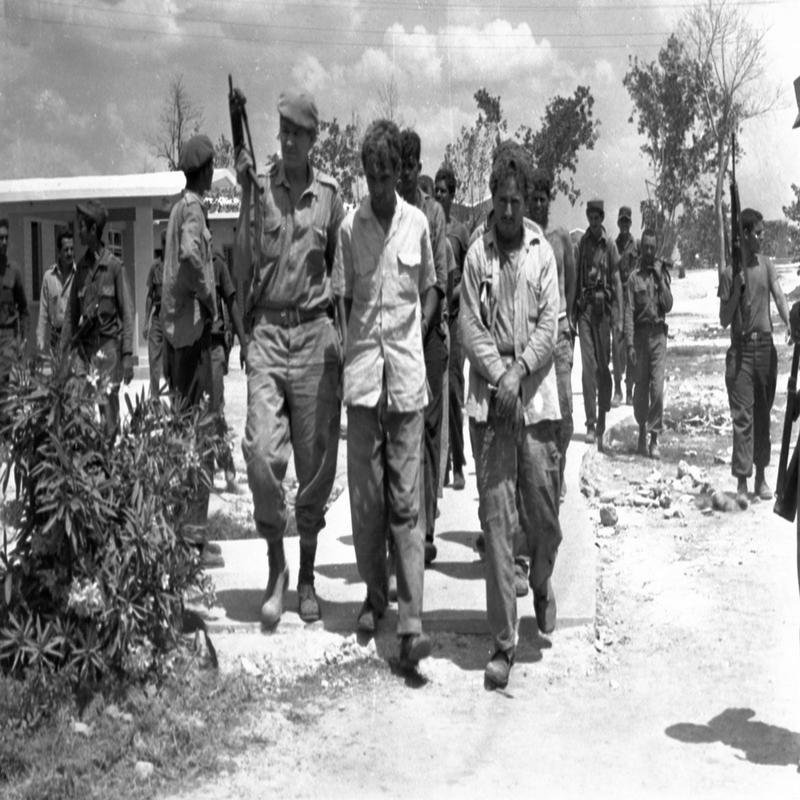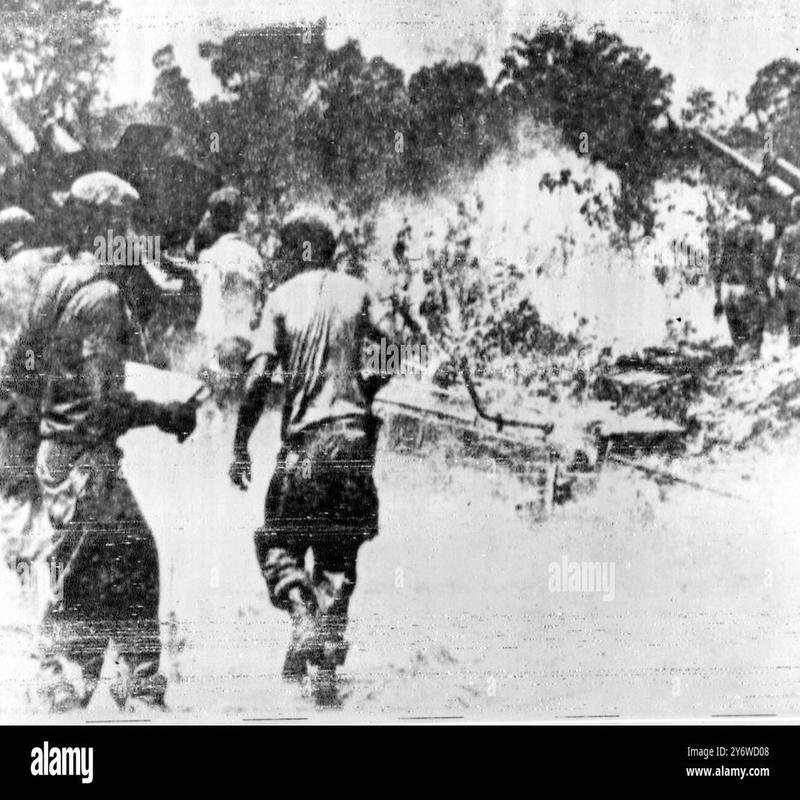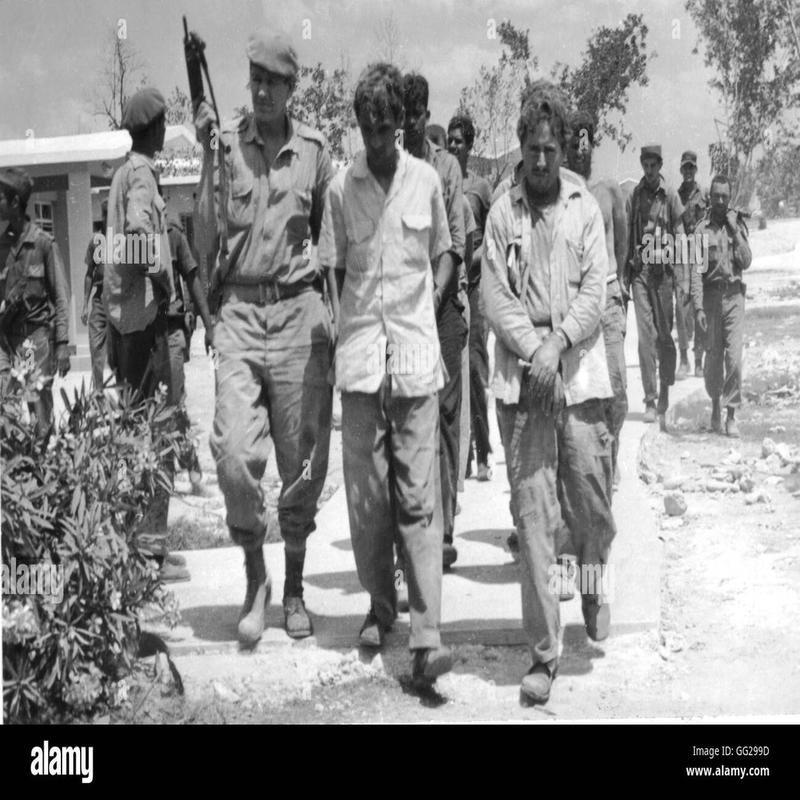The Bay of Pigs Invasion: Unveiling the Secrets of American Failure in Cuba

Bay of Pigs Invasion: US Foreign Policy Failure
The April 1961 Bay of Pigs invasion represents a significant failure of U.S. foreign policy. This CIA-sponsored covert operation sought to overthrow Fidel Castro’s Cuban regime.
The Failed Operation
Approximately 1,400 CIA-trained Cuban exiles landed at the Bay of Pigs in an attempt to trigger a popular uprising against Castro; however, the operation was decisively defeated. Within 72 hours, the majority of the invading force was either killed or captured.
The Aftermath and Lasting Impact
The Bay of Pigs invasion had profound and lasting consequences. It significantly strengthened Castro’s position, emboldened his communist allies, and damaged the credibility of the United States on the world stage. The failure also contributed to the escalation of tensions that led to the Cuban Missile Crisis.
Fidel Castro’s Role
Castro’s shrewd leadership and the preparedness of the Cuban military played a crucial role in the defeat of the invasion. His regime effectively countered the invasion force, solidifying his control over Cuba.
Implications for U.S. Foreign Policy
The Bay of Pigs invasion serves as a cautionary tale in U.S. foreign policy, highlighting the risks of covert operations and the importance of thorough planning and accurate intelligence. The event significantly impacted the relationship between the United States and Cuba, leading to decades of strained relations.








